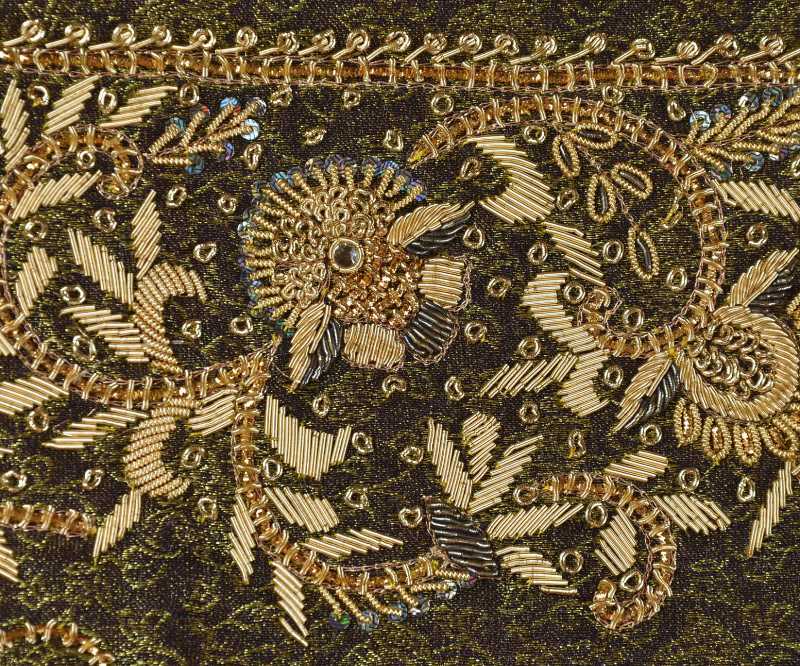===
0292,
6
===

=== |
 |
FWP:
SETS
MOTIFS
NAMES
TERMS == CONNECTION; MOOD; PADDINGSRF has raised an interesting theoretical question: how should we feel about a verse in which one line does all the work? In structural terms, this situation would certainly seem to be a flaw, since it would leave the other line to appear as mere padding. It would create a verse that lacked a powerful and necessary 'connection' between the two lines.
To me it seems that such lines would tend to appear in verses of 'mood', because most of the main structural devices that make a verse semantically effective depend on the relationship between the two lines, or among some parts of them. And indeed in this verse the second line looks to be one of mood: if 'Time passes, we remain silent' doesn't evoke a mood, then it seems to do nothing much at all, since it doesn't make use of-- or even reveal-- any of the causes or circumstances of the silence.
The first line does make a small gesture in that direction: it is the 'stupefaction of passion' that requires the silence. That really isn't a very exciting revelation, however, since in the ghazal world it's a flat statement of the obvious. It's what we would have guessed anyway, if we'd had only the second line to work with. After all, basically everything in the lover's life and behavior is caused by passion, so how much do we really get from the first line? SRF's defense of it is necessarily rather half-hearted. Only by juxtaposing it to Firaq's truly lame line can he find much scope for praising it. And even then it's not so clear how much the first line really 'expands' the theme.
Note for grammar fans: How do we decide between gużreñ , the future subjunctive, and gużrīñ , the perfect? Only from the context, which invokes a silence that 'always' takes place and is located in the present. But in this verse it doesn't seem to make much difference anyway.
Note for script fans: The word junbish is often spelled jumbish . There are phonetic causes for this variation (try saying 'jun-bish' and 'jum-bish', and you can easily tell how the former could turn into the latter).